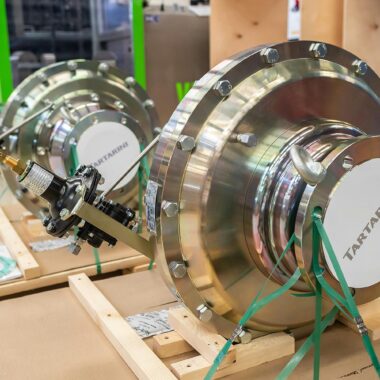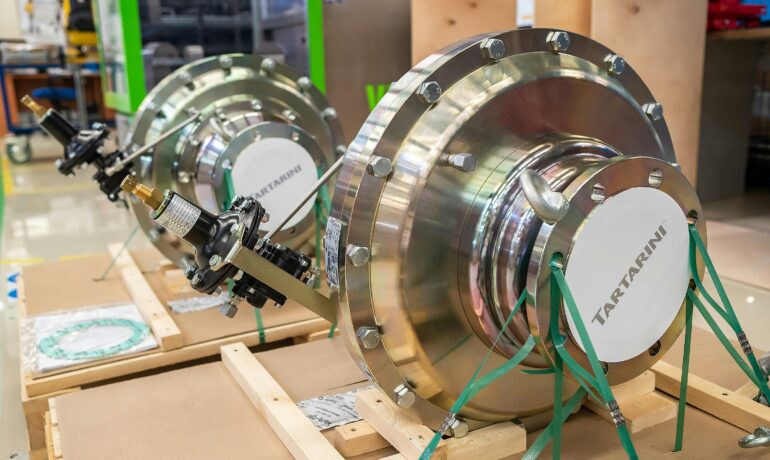
Professional Experience
Dr. Nabeel A. Mancheri is an economist by training with specialization in international trade, environmental and resource economics. Dr. Mancheri’s research interests are in circular economy, global value chains, economic and trade policies, energy and natural resource management, Chinese and Japanese economies. He currently works at Institute of Environmental Sciences (CML) , Leiden University, Netherlands on projects funded by European Commission. Previously, he was a JSPS- Postdoctoral Fellow at The University of Tokyo. Prior to joining Tokyo University, he was an Assistant Professor at India’s National Institute of Advanced Studies, Bangalore. He has also worked as a consultant to OECD Paris, ICRIER New Delhi and CUTS International and involved in research related to trade issues. He was selected as a Young Strategist in Geo-Economics by International Institute for Strategic Studies (IISS) London and School of Advanced International Studies Johns Hopkins University, Washington DC and was a member of the IISS. He has also completed a summer course in Science and Technology Policy with a fellowship from the University of California, San Diego.
Awards, Fellowships and Memberships
European Commission (EC) H-2020 Marie Skłodowska-Curie actions – Senior Research Fellowship October 2015- September 2017, (Grant Agreement number:656998), Affiliated to Institute of Environmental Science (CML) Leiden University, Netherlands
Postdoctoral Fellowship-2013, Japan Society for the Promotion of Science (JSPS), Government of Japan (October 2013 to September 2015. Affiliated with Institute of Social Science, The University of Tokyo.
Fully-funded educational grant, University of California, San Diego, Institute on Global Conflict and Cooperation (IGCC) to participate in a summer course on the Relationship between National Security and Technology held on July 21-August 2, 2013
Young Strategist Award-2013, The International Institute for Strategic Studies (IISS) London and School of Advanced International Studies (SAIS), Johns Hopkins University, Washington DC
Chinese Academy of Social Sciences (CASS) Visiting Fellowship 2012-2013 to pursue research in China for one month to conduct research on “Chinese and Indian Strategy in the Indian Ocean: Facing Strategic Challenges and Preventing Conflicts”
Japan Foundation Fellowship to pursue research in Japan for 12 months (1st Oct, 2008 to 30th Sept 2009). Hosted by Graduate School for International Development and Cooperation (IDEC), Hiroshima University. (Research Theme “Trade and Trade Agreements between India, Japan and Australia: A Study of Complementarity and Competitiveness” )
Australian Studies Research Fellowship-2007-08, Department of Foreign Affairs and Trade, Government of Australia to pursue research in Australia (February- May 2007). Hosted by Australian National University Canberra and visited Monash University Melbourne, and Curtin University of Technology Perth. (Research conducted- “The Political Economy of a Free Trade Triangle: Australia, India and Japan in a New Cooperation Framework”)
Visiting Research Scholarship, Indian Council for Cultural Relations (ICCR)- Okita Memorial Fellowship in 2005-06 and visited University of Tokyo and Waseda University in Japan from 19th October to 10th November 2006
Research Scholar Fellowship of University Grants Commission (UGC). Ministry of Education, Government of India from April 2007 –Feb 2008.
The International Institute for Strategic Studies (IISS) London
Membership of Australia-India Interdisciplinary Research Network (AIIRN)
http://www.deakin.edu.au/arts-ed/ccg/research-networks/aiirn/index.php
Member of Indian Association for the Study of Australia (IASA), New Delhi
Member of Indian Congress of Asian & Pacific Studies (ICAPS), New Delhi
Dr Mancheri has too many publications to his credit to list here. Kindly visit his webpage.
Core ideas and contribution to SITARA’s objectives:
Comparative analysis of industrial ecosystem in India and China, Value chain analysis of strategic industries, material and component dependence of India and criticality analysis.








